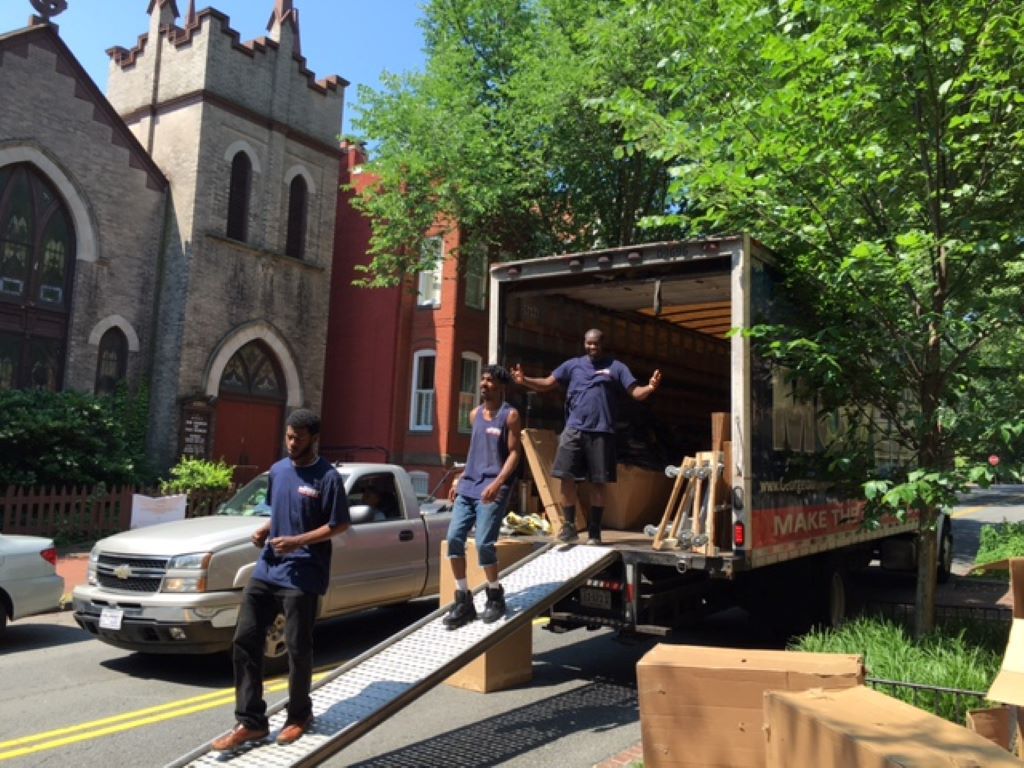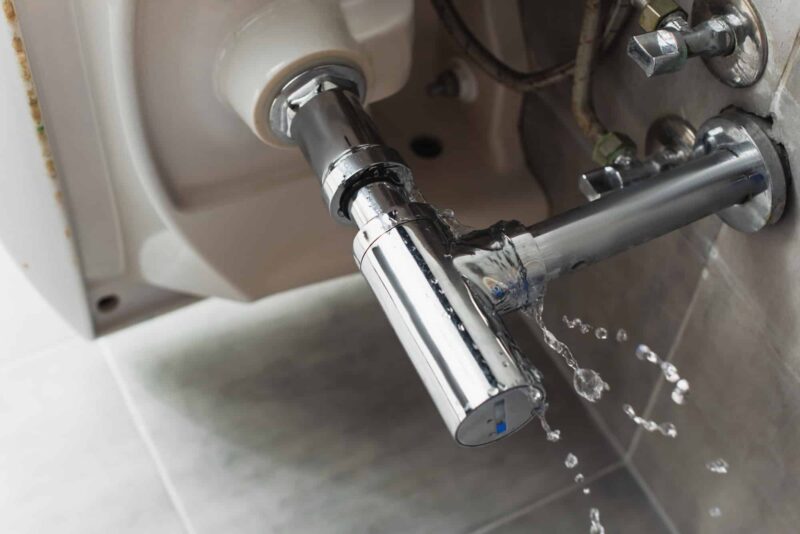Moving is stressful, but long-distance moves add a whole other layer of complexity. Whether you’re moving for a new job, to be closer to family, or just seeking a change of scenery, preparation is key for a smooth and successful relocation. Here’s a comprehensive guide to tackling the challenges of a long-distance move.
Step 1: Planning is Paramount
- Timeline: Start planning months in advance. The more time you have, the less rushed and chaotic the process will feel. Set a realistic move date and work backward, creating a timeline of essential tasks.
- Budgeting: Long-distance moves are expensive. Research moving company costs, travel expenses, temporary housing if needed, and the cost of living in your new location. Factor in unexpected costs so you’re not caught off guard.

Step 2: Declutter and Downsize
The fewer items you move, the cheaper and easier the process will be. Take this opportunity to purge:
- “Just in case” items: If you haven’t used it in a year, ditch it.
- Duplicates: You probably don’t need three sets of measuring cups.
- Sentimental Clutter: Take photos of items you can’t keep but want to remember.
How to decide what stays and what goes:
- Sell: Host a yard sale, sell online, or donate high-value items.
- Donate: Charities will gladly take gently used furniture and household goods.
- Trash: If it’s broken or unusable, don’t burden yourself with it.
Step 3: Choosing a Moving Method
- Professional Movers: The most convenient option, but also the most expensive. Get multiple quotes, check online reviews, and verify their license and insurance.
- Rental Truck: A good DIY option if you’re comfortable driving a large truck and are ready to enlist friends and family for help loading and unloading.
- Moving Container: Companies drop off a container, you pack at your own pace, and they transport it, offering a hybrid of convenience and control.
- Hybrid Approach: You may find it cost-effective to use a moving container for your belongings, while shipping a few essential boxes ahead separately.
Step 4: Packing with Care
- Quality Supplies: Don’t skimp on boxes, bubble wrap, and packing tape.
- Labeling: Create a detailed labeling system. List the box contents and its designated room in your new home.
- Packing Strategically: Heavy items in small boxes, light items in larger ones. Fill empty spaces with packing paper to prevent shifting.
- Essentials Box: Pack a separate box with first-night necessities like toiletries, a change of clothes, medications, and chargers.
Step 5: Address the Logistics
- Travel: Book flights or plan your road trip route. If traveling with pets, arrange for pet-friendly hotels and check on any necessary health documentation
- Utilities: Turn off utilities at your old place, and schedule services to be set up upon arrival at your new home.
- Change of Address: Notify the post office, banks, credit card companies, subscriptions, and your employer.
Step 6: Preparing for the Emotional Impact
Long-distance moves are emotionally taxing. Minimize stress by taking care of yourself:
- Staying connected: Plan visits back home and schedule regular video calls with loved ones.
- Exploring your new area: Research fun events, restaurants, and places to explore, fostering excitement for your new life.
Additional Tips for Specific Situations:
- Moving with Kids: Involve them in the process as much as possible, let them pack a special box of their toys, and be prepared to address their anxieties.
- Moving with Pets: Ensure their microchip information is up-to-date and consult your vet about travel and calming methods if needed.
- International Moves: You’ll face additional paperwork for customs, visas, and possibly quarantines for pets; research thoroughly.
Final Considerations
- Insurance: Check if your homeowners/renters insurance covers the move, and purchase additional moving insurance if necessary.
- Flexibility: Even the best-laid plans can encounter hiccups. Stay flexible and be prepared to adjust on the fly.
- Celebrate your accomplishment: Moving is hard work! Once settled, reward yourself and celebrate the start of your new adventure.




